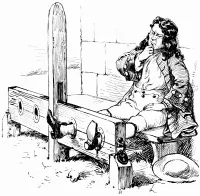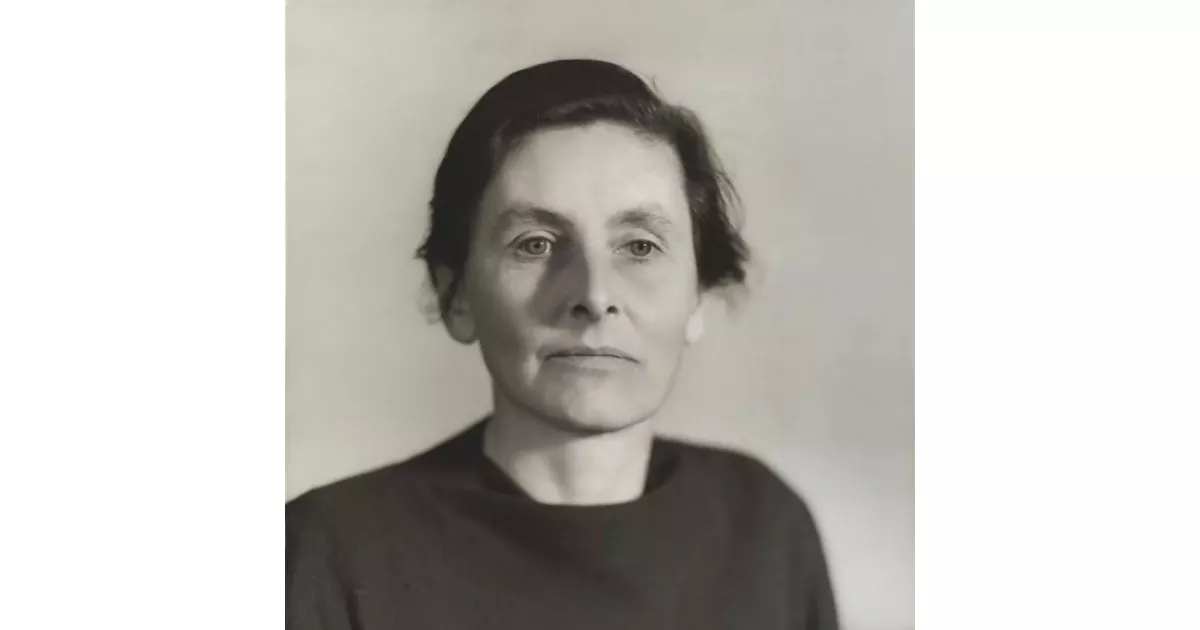Mary Stocks, Baroness Stocks, was a British writer and social reformer deeply involved in significant social changes. Connected to influential families like the Stracheys, Wedgwoods, and Ricardos, she advocated for women's suffrage and the welfare state. Her life and work reflected her commitment to social work and addressing societal issues during a transformative period.
Mentioned in this timeline

Liverpool is a port city and metropolitan borough located in...

Books are a means of storing information as text or...

Stocks were a form of physical punishment and public shaming...

An election is a structured decision-making process where a population...

Oxford is a city in Oxfordshire England It serves as...
Trending

George W Bush served as the rd President of the United States from to Prior to his presidency he was...

Tyler Lockett is a professional American football wide receiver who most recently played for the Seattle Seahawks for seasons before...
Cameron Skattebo is an American football running back currently playing for the New York Giants in the NFL He was...
Trevon Diggs is a professional American football cornerback currently playing for the Dallas Cowboys in the NFL He was drafted...
3 months ago Jack Bech Impresses at Raiders Training Camp, Showcasing Skill Set and Potential Impact.

2 minutes ago Dak Prescott Engaged to Sarah Jane Ramos, Welcomes Second Daughter: A New Chapter
Popular

XXXTentacion born Jahseh Dwayne Ricardo Onfroy was a controversial yet...

Chuck Schumer is the senior United States Senator from New...

Bernie Sanders is a prominent American politician currently serving as...

Candace Owens is an American political commentator and author known...

Cristiano Ronaldo often nicknamed CR is a Portuguese professional footballer...

Charles James Charlie Kirk was a prominent American right-wing political...
